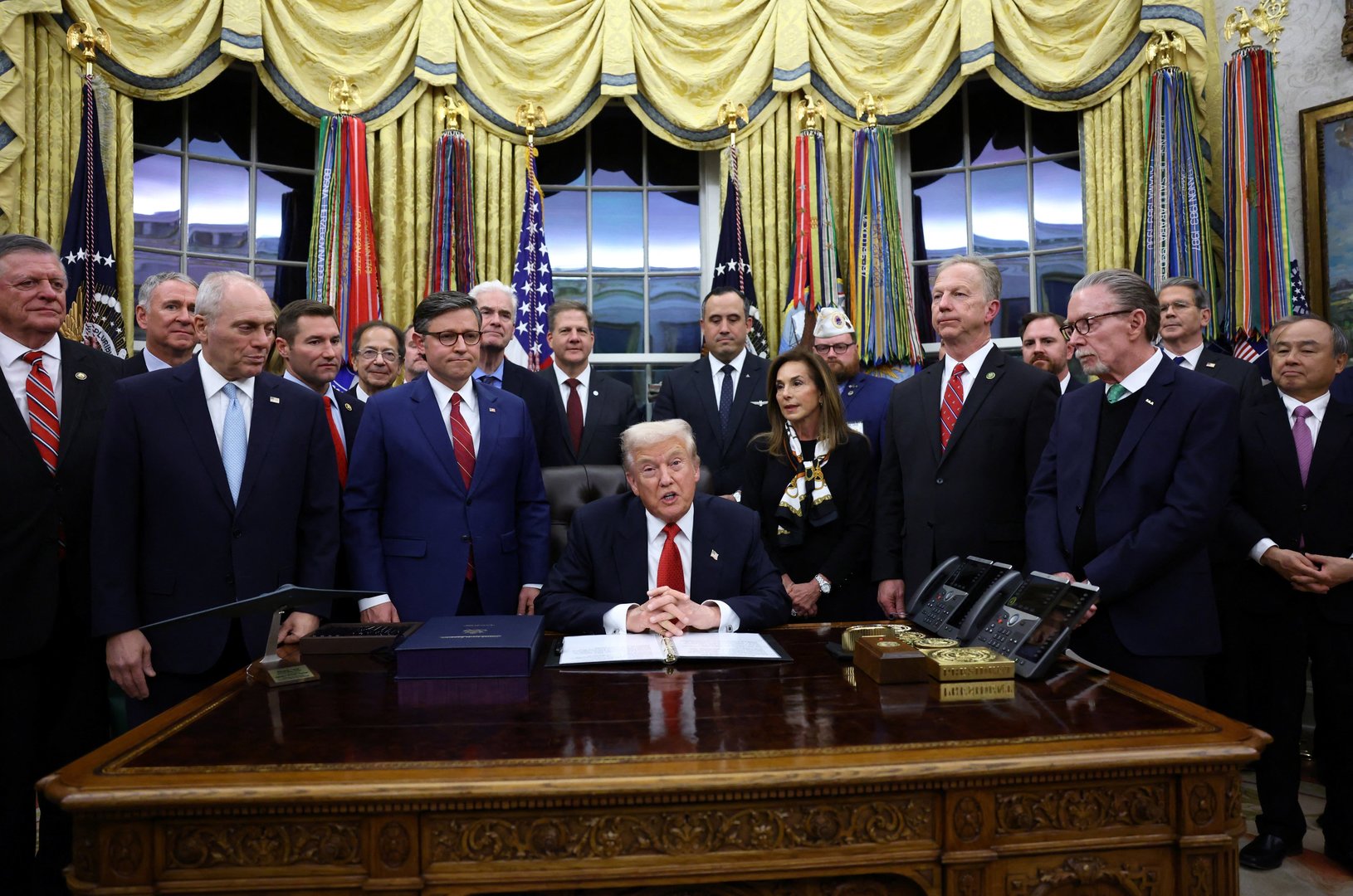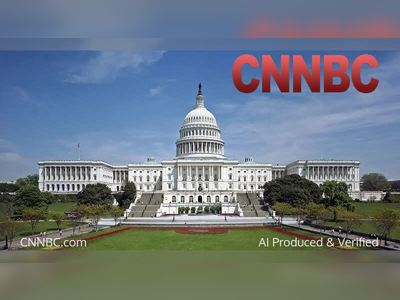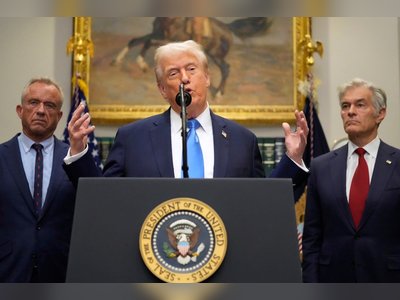
Trump Administration to Propose Two-Year Extension of ACA Premium Subsidies
White House readies framework to extend Affordable Care Act tax credits amid steep premium hike concerns
The White House is preparing to propose a two-year extension of the premium tax subsidies under the Affordable Care Act, according to reports cited on 24 November 2025, as millions of Americans face sharp cost increases if the enhancements expire on 31 December.
The draft framework centres on continued assistance for users buying marketplace health plans, while also introducing new eligibility limits and minimum payment requirements.
President Donald Trump is said to be positioning the proposal as a key part of his broader health-policy agenda, aiming to stabilise the insurance exchanges ahead of the 2026 open-enrolment season and the mid-term elections.
Insurers such as Oscar Health, Centene and Molina Healthcare rose sharply in pre-market trading after news of the extension emerged, reflecting the market’s relief at the potential reduction of premium-spike risk.
Under the proposed plan, subsidies that are currently available to Americans earning up to about 400 % of the federal poverty level could be capped at 700 % of the poverty line, and a minimum monthly premium payment might be required to guard against abuse.
Analysts say the framework reflects a compromise between moderates seeking to preserve affordability and conservatives demanding tighter eligibility and fiscal discipline.
Still unresolved is whether Congress will approve the extension and under what legislative vehicle.
Senate Republicans secured a deal to vote in December on the credits, while many in their caucus remain opposed to prolonging the subsidies without major reforms.
A White House spokesman declined to confirm timing, describing the discussions as ongoing and emphasised that the president was “very much involved” in shaping the solution.
The looming deadline and anticipated premium hikes have put pressure on both parties.
Health-policy experts warn that, absent action, average monthly premiums could more than double in 2026. Supporters of an extension argue that failing to act would push younger and healthier enrollees out of the market, thereby driving up systemic costs.
Detractors counter that extending the subsidies further without structural change would escalate federal spending growth and reduce the incentive for cost-control.
With the publicly reported framework now circulating, the next few weeks promise intense negotiation as lawmakers, insurers and the administration seek to reconcile affordability, politics and fiscal constraints before the December deadline looms large.
The draft framework centres on continued assistance for users buying marketplace health plans, while also introducing new eligibility limits and minimum payment requirements.
President Donald Trump is said to be positioning the proposal as a key part of his broader health-policy agenda, aiming to stabilise the insurance exchanges ahead of the 2026 open-enrolment season and the mid-term elections.
Insurers such as Oscar Health, Centene and Molina Healthcare rose sharply in pre-market trading after news of the extension emerged, reflecting the market’s relief at the potential reduction of premium-spike risk.
Under the proposed plan, subsidies that are currently available to Americans earning up to about 400 % of the federal poverty level could be capped at 700 % of the poverty line, and a minimum monthly premium payment might be required to guard against abuse.
Analysts say the framework reflects a compromise between moderates seeking to preserve affordability and conservatives demanding tighter eligibility and fiscal discipline.
Still unresolved is whether Congress will approve the extension and under what legislative vehicle.
Senate Republicans secured a deal to vote in December on the credits, while many in their caucus remain opposed to prolonging the subsidies without major reforms.
A White House spokesman declined to confirm timing, describing the discussions as ongoing and emphasised that the president was “very much involved” in shaping the solution.
The looming deadline and anticipated premium hikes have put pressure on both parties.
Health-policy experts warn that, absent action, average monthly premiums could more than double in 2026. Supporters of an extension argue that failing to act would push younger and healthier enrollees out of the market, thereby driving up systemic costs.
Detractors counter that extending the subsidies further without structural change would escalate federal spending growth and reduce the incentive for cost-control.
With the publicly reported framework now circulating, the next few weeks promise intense negotiation as lawmakers, insurers and the administration seek to reconcile affordability, politics and fiscal constraints before the December deadline looms large.











